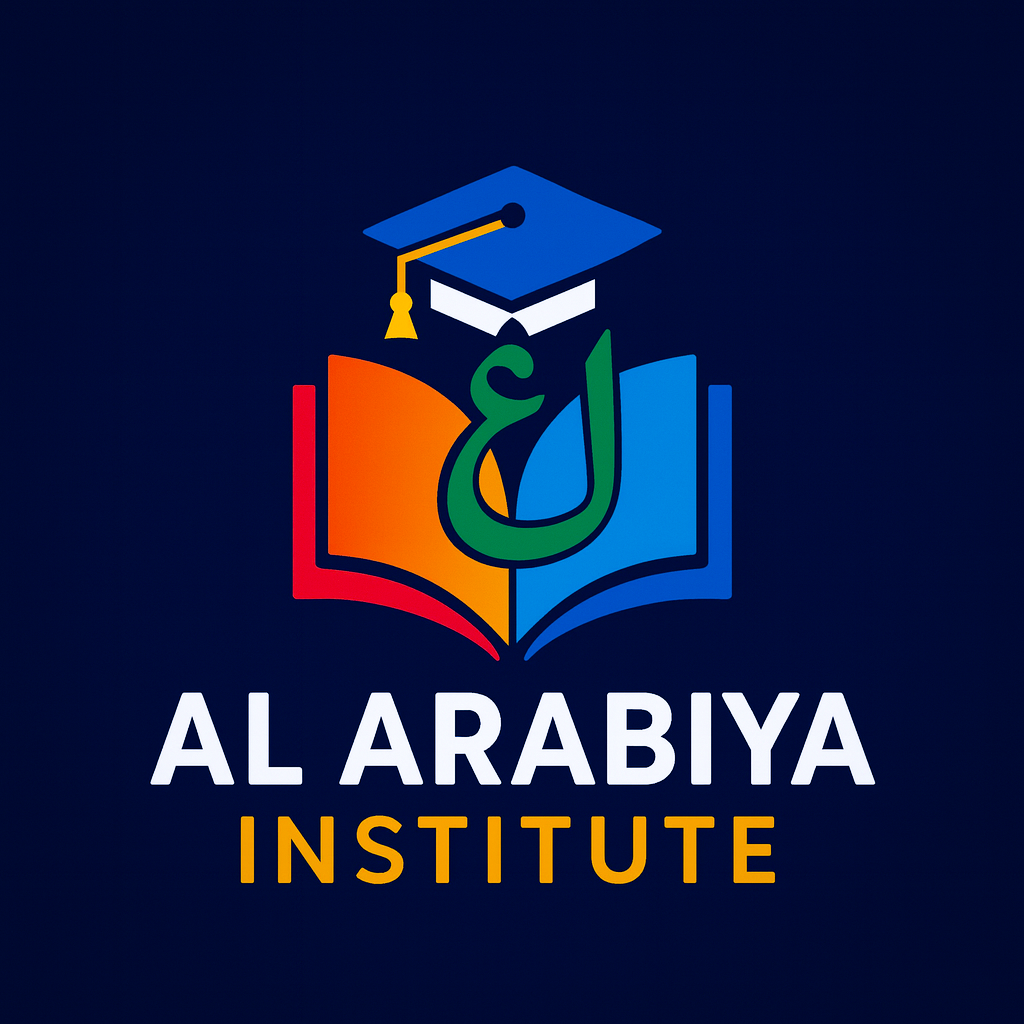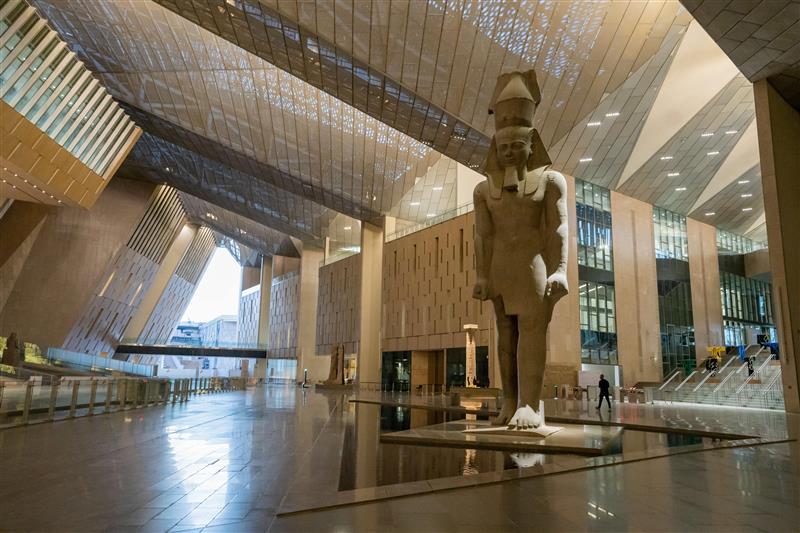Arabic Linguistic Studies: The Key to Unlocking the Beauty of the Arabic Language

Arabic is one of the most widely spoken languages in the world, with over 420 million speakers across 22 countries. With its rich history, deep cultural roots, and profound influence on art, science, and religion, the Arabic language is a treasure trove of linguistic beauty. However, mastering this language requires more than just learning words and phrases; it involves understanding its linguistic structure, its variations, and the historical context behind its evolution. This is where Arabic Linguistic Studies come into play.
Arabic Linguistic Studies is an academic field that explores the structure, history, and various forms of the Arabic language. It delves into phonetics, syntax, morphology, semantics, and sociolinguistics to provide a comprehensive understanding of how the Arabic language works and how it has evolved over time. This blog will take you through the importance of Arabic Linguistic Studies and how it helps learners unlock the full beauty of the Arabic language.
The Essence of Arabic Linguistic Studies
Arabic is a Semitic language, which means that its structure is fundamentally different from many other languages in the world. Arabic Linguistic Studies is an essential field for anyone who wishes to learn the Arabic language in-depth. It allows students to explore the intricate details of the language, including its alphabet, phonetic sounds, grammar, sentence structure, and more.
Arabic Linguistic Studies can be broken down into several sub-disciplines:
-
Phonetics and Phonology: This focuses on the sounds of the Arabic language, such as consonants, vowels, and how they interact in different contexts.
-
Syntax and Morphology: These aspects of Arabic Linguistic Studies deal with how words are structured and how sentences are formed.
-
Semantics: This branch looks at the meanings of words, phrases, and sentences and how these meanings change depending on context.
-
Sociolinguistics: This area explores how Arabic is used in different regions, communities, and social contexts, reflecting the cultural and historical diversity of Arabic-speaking societies.
-
Historical Linguistics: This aspect traces the origins and evolution of the Arabic language, helping to understand its development from Classical Arabic to Modern Standard Arabic (MSA) and its dialects.
By studying these various fields, learners can gain a deep understanding of the language’s complexities and beauty. This knowledge is essential for those who want to not only speak Arabic but also read and understand classical Arabic texts, engage in academic research, or pursue a career in linguistics, translation, or teaching.
The Beauty of Arabic Grammar and Syntax
One of the key aspects that make Arabic so fascinating is its grammar and syntax. The structure of Arabic sentences can vary greatly from those of other languages, and it is this unique structure that gives Arabic its rhythm and flow. Arabic Linguistic Studies provides learners with the tools to understand this structure at a deep level.
In Arabic, the verb usually comes before the subject in a sentence, which is the opposite of English sentence structure. This unique syntactic order is just one example of how Arabic grammar creates a distinctive flow and musicality in spoken and written form. Understanding these rules allows learners to produce grammatically correct sentences, thus enhancing their fluency and comprehension.
Moreover, Arabic is a highly inflected language, meaning that words change their form depending on their role in a sentence. For instance, a verb can change depending on the subject’s gender, number, and tense. This makes Arabic Linguistic Studies an invaluable resource for understanding how these changes occur and how they contribute to the meaning of a sentence.
The Role of Arabic Dialects in Linguistic Studies
Arabic is not a monolithic language; it exists in numerous dialects across the Arab world. From Egyptian Arabic to Levantine Arabic, Maghrebi Arabic to Gulf Arabic, each dialect carries its own nuances, vocabulary, and pronunciation. Arabic Linguistic Studies helps to shed light on these variations and gives learners insight into how these dialects have evolved.
While Modern Standard Arabic (MSA) is used in formal settings such as news broadcasts, academic papers, and official documents, the different dialects are spoken in daily life and vary significantly across regions. Understanding the differences between MSA and the various dialects is crucial for anyone wishing to understand the full spectrum of the Arabic language.
By examining how these dialects developed, Arabic Linguistic Studies offers a window into the history and culture of the Arab world. It highlights how language reflects society and how it adapts to local contexts, customs, and traditions.
Arabic Linguistic Studies in the Context of Religious Texts
For many learners, Arabic Linguistic Studies is not only about acquiring the ability to speak the language but also about understanding classical texts, especially the Quran and Islamic literature. The Quran, the holy book of Islam, is written in Classical Arabic, a form of the language that differs from both Modern Standard Arabic and the spoken dialects.
Arabic Linguistic Studies plays a crucial role in helping students understand these sacred texts. Arabic grammar, syntax, and semantics are fundamental when interpreting Quranic verses and Islamic scholarship. By studying Arabic Linguistic Studies, learners gain a deeper appreciation of the Quran’s language, its literary style, and its theological significance.
For students of Islamic studies, mastering the linguistic intricacies of the Quran is essential for accurate interpretation and understanding. Whether one is studying for personal spiritual growth or pursuing a career in Islamic scholarship, a solid grounding in Arabic Linguistic Studies provides the necessary foundation for delving into these rich texts.
Practical Applications of Arabic Linguistic Studies
Learning Arabic through the lens of Arabic Linguistic Studies offers numerous practical applications, particularly in fields such as translation, journalism, diplomacy, and international relations. Arabic is one of the six official languages of the United Nations, and with many Arabic-speaking countries playing vital roles in global politics, having a deep understanding of the language is a significant advantage.
In translation and interpretation, proficiency in Arabic Linguistic Studies ensures that translators and interpreters can accurately convey the meaning, tone, and nuances of both formal and informal Arabic texts. Similarly, journalists and diplomats who specialize in Arabic-speaking regions need to understand the various dialects, cultural context, and historical background of the language.
Moreover, Arabic Linguistic Studies is invaluable for those working in academic research or teaching. Scholars who specialize in Arabic linguistics can contribute to the advancement of the field, studying how the language has evolved over time and how it continues to influence global culture.
Why Arabic Linguistic Studies is Essential for Every Arabic Learner
Learning Arabic can seem like a daunting task for many, especially because of its complex grammar, writing system, and diverse dialects. However, Arabic Linguistic Studies provides learners with the tools and strategies needed to navigate these challenges. By understanding the underlying principles of the language, learners can gain confidence in their ability to read, write, speak, and understand Arabic.
Furthermore, Arabic Linguistic Studies helps learners appreciate the beauty of the Arabic language beyond just practical communication. It unveils the artistic, poetic, and philosophical richness that has made Arabic a revered language for centuries. Whether for personal growth, academic pursuit, or professional development, Arabic Linguistic Studies is the key to unlocking the true beauty of the Arabic language.
Learn Arabic with Al Arabiya Institute
If you’re ready to embark on your journey into the world of Arabic Linguistic Studies, there’s no better place to start than Al Arabiya Institute. At Al Arabiya Institute, we offer online Arabic courses that cater to learners of all levels, from beginners to advanced students. Our courses are designed to provide a comprehensive understanding of the Arabic language, including grammar, vocabulary, pronunciation, and more.
With the best prices and free trial lessons, Al Arabiya Institute ensures that you can start learning Arabic with ease and confidence. Whether you’re interested in Modern Standard Arabic, Arabic for Islamic studies, or understanding the rich linguistic diversity of Arabic dialects, our expert instructors are here to guide you every step of the way.
Visit our website at Al Arabiya Institute to explore our courses and take the first step toward mastering Arabic with one of the best online Arabic learning platforms.
👉 Book your free trial lesson now!








